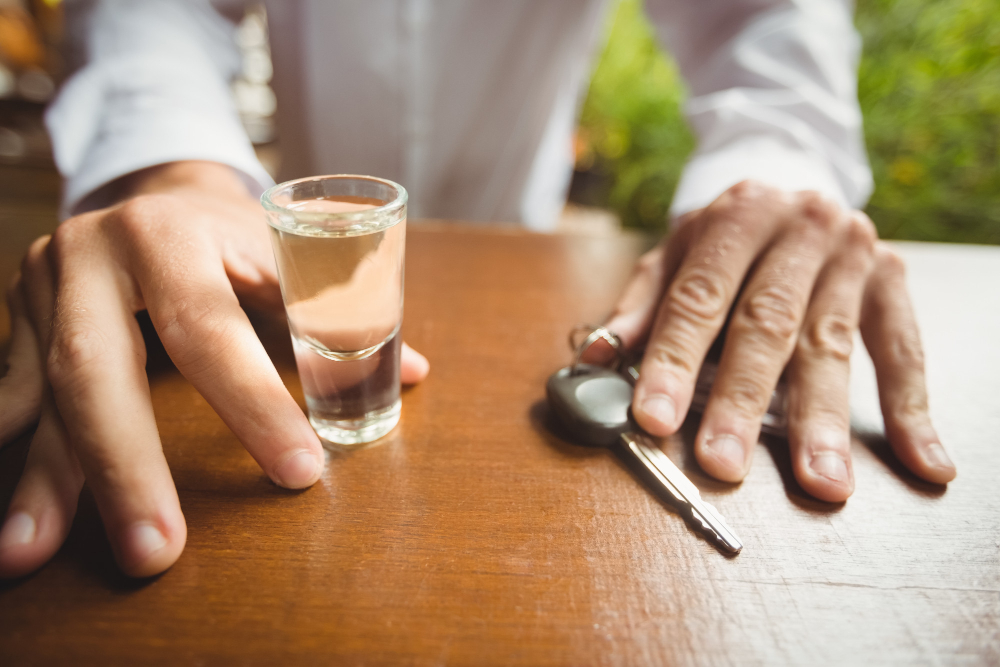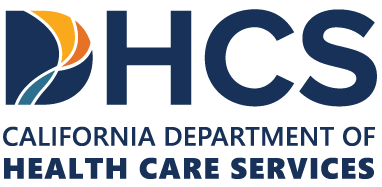Alcohol consumption triggers profound changes in your skin’s appearance, texture, and overall health through several biological pathways.
This page examines the impact of alcohol on skin health, from immediate and visible changes to long-term structural damage, while providing evidence-based insights into prevention and recovery strategies.
How Alcohol Affects Your Skin
Alcohol consumption systematically compromises skin integrity through various biological processes, provoking short-term and long-term damage.
Dehydration and moisture loss
Alcohol acts as a diuretic, causing your body to lose water rapidly. This dehydration immediately impacts your skin’s ability to maintain proper moisture levels. When you drink alcohol, your kidneys work overtime to process and eliminate it, pulling water from other tissues, including your skin.
Dehydrated skin appears dull, tight, and lacks the natural glow associated with healthy hydration. Fine lines become more pronounced, and your complexion may look ashen or tired. This effect can occur within hours of drinking and becomes more severe with regular consumption.
Inflammation and redness
Chronic alcohol consumption prompts inflammatory responses throughout your body, including your skin. Alcohol causes blood vessels to dilate, leading to facial flushing and persistent redness. This vasodilation can eventually become permanent, leading to a condition known as rosacea.
The inflammatory response also accelerates the breakdown of collagen and elastin, the proteins responsible for skin firmness and elasticity. This process contributes to premature aging and the development of wrinkles, particularly around the eyes and mouth.
Nutrient depletion and skin health
Beyond the immediate physiological responses, alcohol consumption creates systemic nutritional deficiencies that impact skin health. These deficiencies develop through multiple pathways, causing various dermatological complications.
Alcohol interferes with your body’s ability to absorb and utilize essential nutrients. Vitamins A, C, and E are affected, all of which play key roles in skin health and repair. Vitamin C is central to collagen synthesis, while vitamin A supports cell turnover and healing.
Zinc deficiency, common in people with alcohol use disorders, can lead to delayed wound healing and increased susceptibility to skin infections. B vitamins, also depleted by alcohol consumption, are integral to healthy skin cell metabolism and repair processes.
Impaired liver function
Your liver processes toxins and maintains hormonal balance, both of which are critical for skin health. Chronic alcohol consumption can lead to liver dysfunction, resulting in a buildup of toxins that manifest as skin problems. Yellowing of the skin (jaundice) is a severe sign of liver damage.
Poor liver function also affects hormone metabolism, potentially leading to acne, irregular pigmentation, and other skin irregularities. The liver’s role in protein synthesis is also compromised, resulting in reduced production of albumin and other proteins essential for maintaining healthy skin structure.
Sleep Disruption and Skin Recovery
Alcohol’s interference with sleep patterns creates additional complications for skin health. The relationship between sleep quality and dermatological wellness becomes especially problematic when alcohol disrupts natural restorative processes.
Interrupted sleep cycles
Alcohol disrupts sleep quality, particularly REM (rapid eye movement) sleep, which is vital for skin repair and regeneration. During deep sleep, your body produces growth hormone, which stimulates cellular repair and collagen production.
Poor sleep quality from alcohol consumption leads to increased cortisol levels, a stress hormone that breaks down collagen and contributes to inflammation. This creates a cycle where alcohol consumption leads to poor sleep, which further damages skin health.
Reduced cellular repair
Nighttime is when your skin undergoes its most intensive repair processes. Alcohol consumption interferes with these natural cycles, slowing down cell turnover and healing. This results in a dull complexion, slower healing of blemishes, and accelerated aging.
This reduction in growth hormone production also affects the skin’s ability to maintain proper thickness and elasticity, contributing to the development of sagging and wrinkles.
Long-Term Skin Consequences
While the immediate effects are concerning, the cumulative impact of sustained alcohol consumption on dermatological health raises severe long-term challenges. These persistent changes often require extensive intervention and may become irreversible without prompt treatment.
Premature aging
Regular alcohol consumption accelerates the aging process. The combination of dehydration, inflammation, nutrient depletion, and poor sleep drives premature skin aging.
Collagen production decreases dramatically with chronic alcohol use, leading to loss of skin firmness and the development of deep wrinkles. The skin’s natural barrier function is also compromised, making it more susceptible to environmental damage and further accelerating aging.
Increased risk of skin conditions
Alcohol consumption is associated with an increased risk of various skin conditions, including:
- Psoriasis.
- Eczema.
- Rosacea.
The inflammatory effects of alcohol can trigger flare-ups in people disposed to these conditions.
Chronic alcohol abuse also increases the risk of skin infections due to compromised immune function. The skin’s natural defense mechanisms are weakened, rendering it more vulnerable to bacterial and fungal infections.
Recovery and Improvement
Despite the extensive dermatological damage alcohol can cause, the skin has a remarkable regenerative potential when consumption ceases.
Timeline for skin recovery
Within the first week of stopping alcohol consumption, hydration levels begin to normalize, and the immediate effects of dehydration start to reverse.
After one month of sobriety, inflammation levels typically decrease, and sleep quality improves. This leads to better skin repair and a more even complexion. Complete recovery of skin health can take months to years, depending on the duration and extent of alcohol abuse.
Supporting Skin Health During Recovery
Drinking plenty of water helps restore skin moisture and supports the body’s natural detoxification processes. A diet rich in antioxidants, vitamins, and minerals can help repair damage and support healthy skin function.
General skincare routines with moisturizing and anti-inflammatory ingredients can help speed recovery. That said, avoid harsh treatments that might further irritate already compromised skin.
Professional Support and Treatment
A comprehensive assessment of alcohol-related dermatological complications requires specialized medical expertise. Healthcare professionals can differentiate between reversible changes and permanent damage while developing targeted intervention strategies tailored to individual needs.
Medical evaluation
If you’re experiencing pronounced skin changes related to alcohol abuse, consult with a healthcare professional. Dermatologists can assess skin damage and recommend appropriate treatments, while addiction specialists can help address underlying alcohol abuse issues with evidence-based therapies.
Some skin changes, especially those related to liver function, may require medical intervention beyond abstinence from alcohol. Early intervention can prevent permanent damage and improve long-term outcomes.
Comprehensive recovery approach
Addressing the effects of alcohol on skin is most effective when it’s part of a comprehensive recovery program. This includes medical supervision, nutritional support, and behavioral interventions to probe the root causes of alcohol use.
Professional treatment programs can provide the support and resources necessary for alcohol recovery and overall health improvement, including the restoration of skin health.
Get Help with Alcohol Abuse at The Retreat South Coast in California
While the effects of alcohol-related skin damage can be distressing, many changes are reversible with the proper treatment and support.
If you’re battling alcohol abuse and concerned about its effects on your skin or overall health, we offer comprehensive treatment programs designed to support your journey to wellness at The Retreat South Coast. Our experienced and compassionate team provides personalized care in a serene beachside setting, helping you address the physical and emotional aspects of recovery.
Take the first step toward healthier skin and overall wellness by calling admissions today at (949) 612-4789 to learn more about our treatment options.









